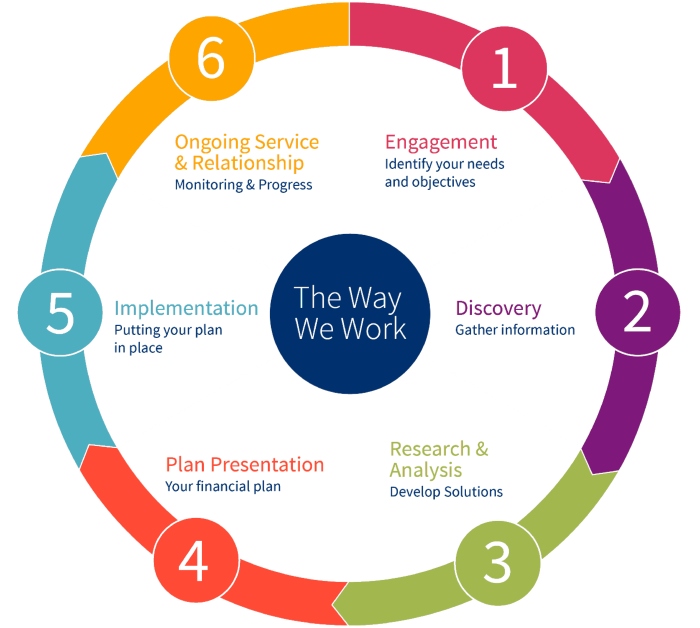Mastering your personal finances requires more than just saving pennies; it demands a roadmap for long-term prosperity. Your financial journey should begin with clear, attainable goals, much like setting a destination before embarking on a voyage. This guide provides essential personal finance tips to help navigate the complex waters of money management, ensuring you steer clear of pitfalls and sail smoothly toward a secure financial future.
Visionary Goal-Setting
Crafting Your Financial Future
Setting clear and realistic goals is the cornerstone of sound financial planning. It’s akin to plotting your course on a navigational map; without a destination, how do you know where you’re heading? Start by distinguishing your short-term goals, like saving for a holiday or paying off credit card debt, from long-term ambitions, such as homeownership or retirement planning. The key is specificity: instead of vaguely wanting to save more, set precise targets like saving $200 monthly to turn wishes into achievable goals.
Strategic Financial Priorities
Allocating Resources Wisely
When funds are limited, prioritizing becomes indispensable. Consider what financial objective, once reached, would significantly improve your current life. Ranking your goals allows you to channel resources effectively, making a tangible impact where it counts most.

The Power of Milestones
Breaking Down the Financial Journey
Ambitious goals are commendable, but ensure they’re within reach to avoid discouragement. Dissect larger objectives into smaller, manageable milestones and guard against the lure of “get-rich-quick” schemes. Authentic financial planning is about steady progression, not instant solutions.
Expenditure Insights
Decoding Your Spending Habits
Before you can draft a budget, scrutinize your income versus expenses to understand where your money truly goes. This self-reflection is the foundation for constructing a budget that aligns with your financial reality and identifying areas of excess spending.
Budgeting for Success
Creating Your Financial Blueprint
A budget shouldn’t feel like a straitjacket but rather a tool for directing funds to what matters most. The 50/30/20 rule can serve as a starting point: 50% for necessities, 30% for wants, and 20% for savings. Remember, flexibility is vital; as your life changes, so too should your budget, ensuring it remains practical and stress-free.
Cushioning Against Crisis
Building Your Financial Safety Net
An emergency fund isn’t optional; it’s a critical buffer against life’s uncertainties. Tailor your emergency savings to fit your unique circumstances, opting for an easily accessible yet growth-oriented account to protect yourself against unexpected events.

Conquering High-Interest Debt
Clearing the Financial Clouds
High-interest debt is a relentless storm in your financial climate. Use the avalanche method to target debts with the highest interest rates first, making consistent payments to gradually dissipate this burden.
Investment Acumen
Harnessing Your Financial Growth
Investing is your financial growth engine. Familiarize yourself with various asset classes and embrace diversification to spread risk. Start with fundamental strategies and expand your portfolio thoughtfully to build wealth over time.
Retirement Readiness
Securing Your Financial Sunset
Retirement saving isn’t a distant dream but a pressing priority. Utilize employer-sponsored plans like 401(k)s or IRAs for those without, and set a consistent saving goal. The compound interest earned will be a powerful ally in your retirement planning.
Tax Strategizing
Optimizing Your Financial Obligations
Smart tax planning ensures you keep more of your hard-earned money. Take advantage of tax-advantaged accounts and deductions, and align your investments to minimize your tax liability while maximizing financial benefits.
Insurance Insights
Protecting Your Financial Edifice
Insurance is the fortress that safeguards your financial kingdom. Regularly assess your coverage to ensure it meets your current needs, balancing cost with adequate protection to shield against potential financial upheaval.

Professional Guidance
Collaborating for Financial Clarity
As your financial landscape becomes more complex, consider consulting professionals. Regularly revisiting your financial plan ensures it evolves with your changing life, keeping you on track toward your goals and adapting as necessary to maintain momentum toward achieving your financial aspirations.
Conclusion: Cultivating Financial Mastery Managing your finances is an ongoing journey that blends strategy with adaptability. The tips provided form a comprehensive approach to financial health, from the groundwork of goal-setting to the nuances of investment and retirement planning. Embrace these principles, and embark on a path that leads not only to financial security but also to the peace and satisfaction of a well-managed fiscal life.